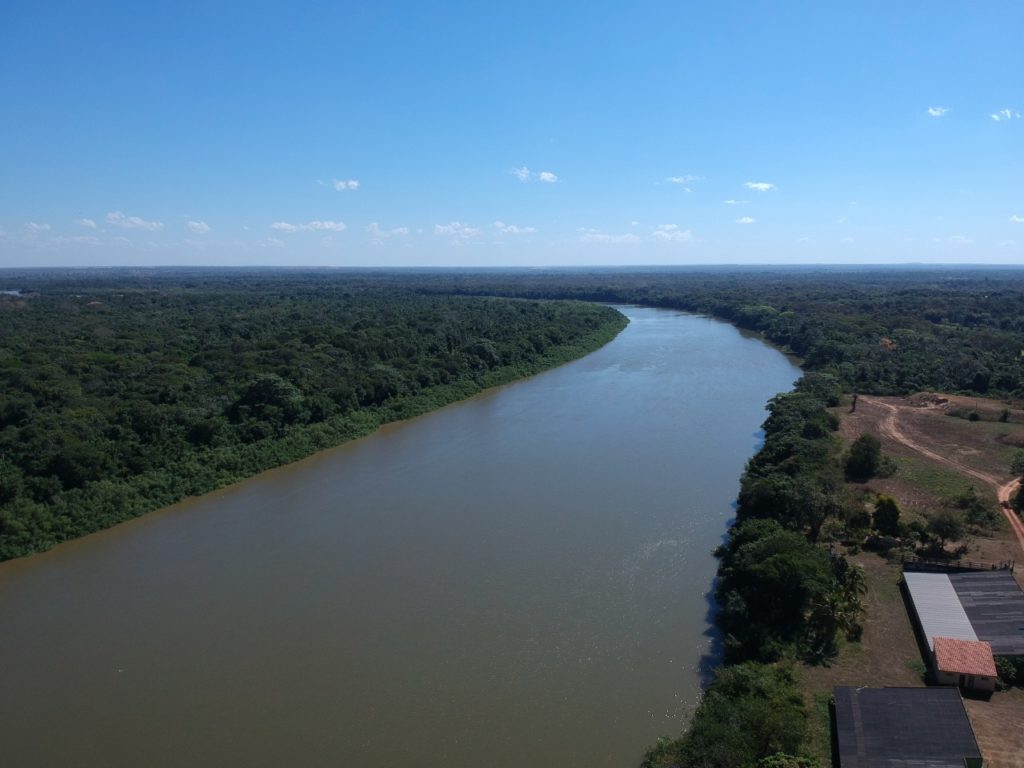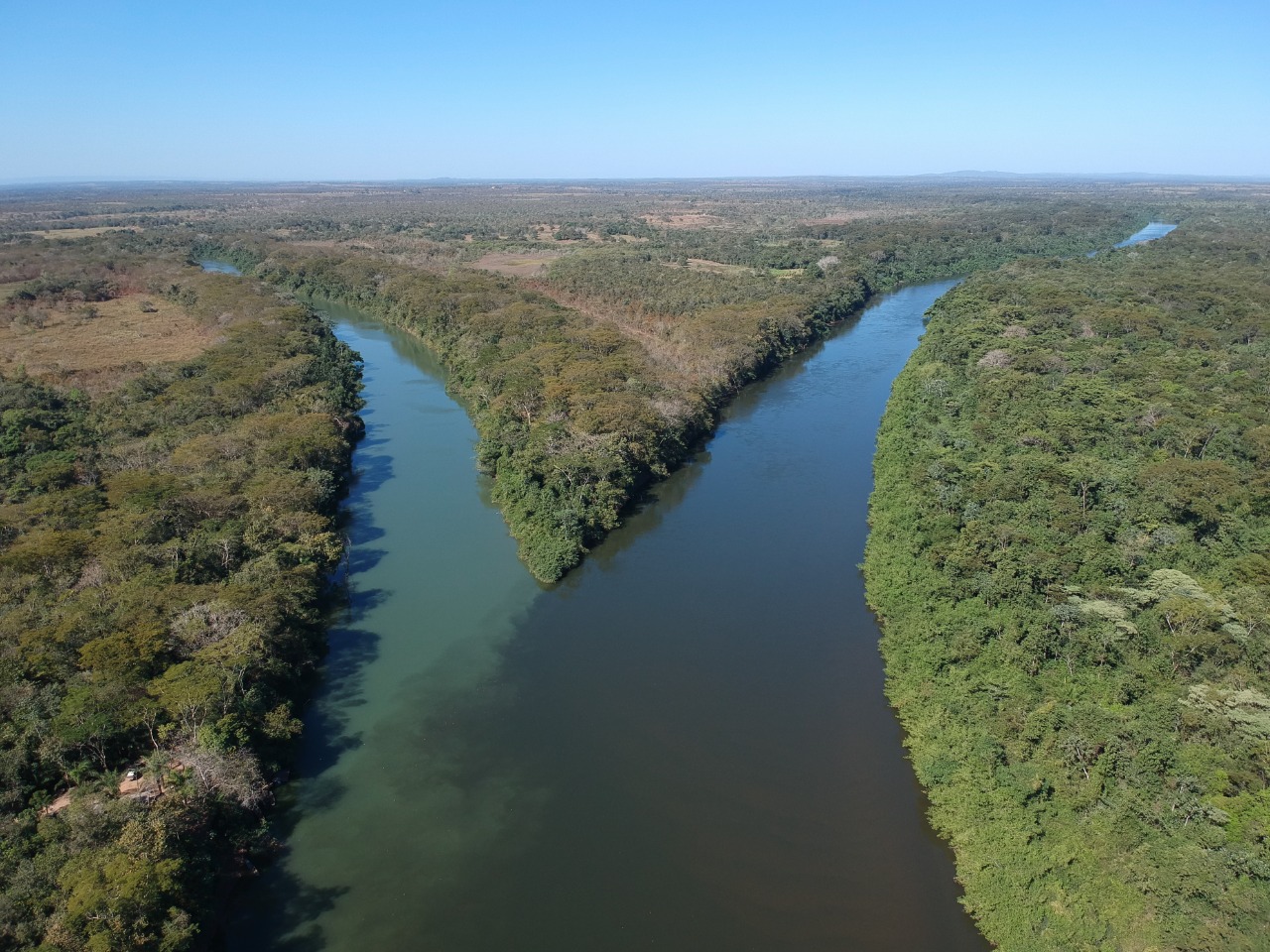Yesterday, the Legislative Assembly of the State of Mato Grosso in Brazil approved the law draft that prohibits the construction of dams along the entire length of the Cuiabá River.
The draft was authored by state deputy Wilson Santos (PSDB) and was created in response to the proposition of six dams on the river that gives its name to the state capital. The proposal was approved with twelve votes and two abstentions and is now going to be sanctioned by the state governor, Mauro Mendes.
“This is a victory for the preservation of the Cuiabá River since the ban on hydroelectric plants will guarantee the river’s hydrological cycle, officially making it a free-flowing river. This bill was a work carried out with several institutions, coordinated by the institution ECOA (Ecology and Action), and becomes an important object of direct protection for the Pantanal and an example for other states in the country”, explains Flavio Montiel, director of International Rivers from Brazil.

According to project 671/2021, the region is currently facing a serious irreversible risk to its biome, with plans to build six small hydroelectric plants (SHPs) in a 190 km stretch of the Cuiabá River. According to data from a study carried out by the National Water Agency (ANA) and Fundação Eliseu Alves on the impacts of hydroelectric plants in the Basin, 89% of the fish in the Cuiabá River are spawning fish and swim tens of kilometers to the head of the river to reproduce. Larvae and eggs are carried by the current back to their places of origin. Plant projects in the region “definitely transform water courses, making it difficult, and in certain cases, such as the Manso Plant, preventing the migration of fish species that need long stretches of rivers to spawn. It is known that water is a finite good, essential for human existence and, because it is a good of such importance, it must be conserved and protected.”, says the text of the project.
Nilma Silva, president of the Mato Grosso Fishing Segment Association, recalls that the law draft went a long way before its first approval. “It was three years fighting with this project. I want to thank the fishermen, the Members of Parliament, all the scientists who volunteered to help us. What wins today is society, it’s the environment”.
Paula Isla Martins, biologist, environmental analyst at Ecoa and coordinator of the Pantanal Network, actively participated in the campaign against the dams on the Cuiabá River.
“This is a victory for all riverside dwellers and all who depend on the rivers to survive. It is the result of many years of work against the dams, a decision supported by scientific data that show the dangers and damage that dams bring to the environment belongs to the entire Mato Grosso society”.

